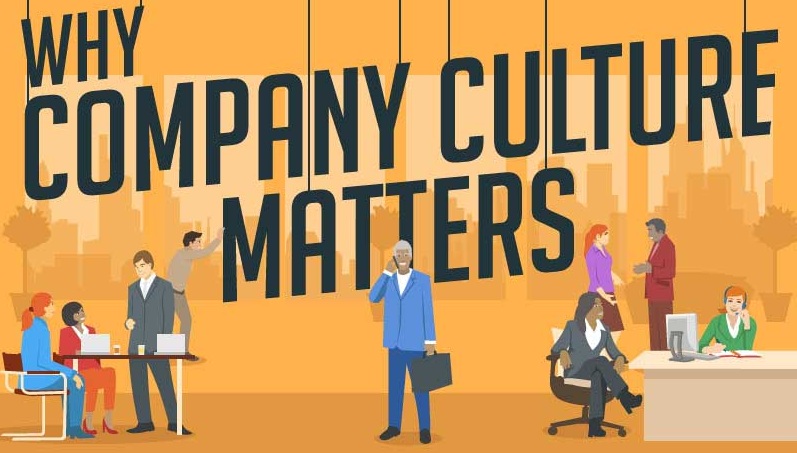Services

Vat
Value-Added Tax (VAT) is a tax, which is payable on sales of goods or services within the territory of the Member States of the EU. The tax, in all cases, is ultimately payable by the final consumer of the good or service. Each party in the chain of supply (manufacturer, wholesaler and retailer) acts as a VAT collector.
They collect VAT from their customer and include that VAT in their VAT return to Revenue. When returning the VAT collected, they can reclaim as appropriate, VAT which has been charged to them by their suppliers.
For VAT purposes, the territory of the State includes its territorial sea. The territorial sea of the State extends to a limit of twelve nautical miles.
This section explains:
- who are taxable and accountable persons
- exemption from VAT
- reverse charge (self-accounting)
- qualifying activities
- VAT and fraud.
Tax
Taxes are mandatory contributions levied on individuals or corporations by a government entity—whether local, regional, or national. Tax revenues finance government activities, including public works and services such as roads and schools, or programs such as Social Security and Medicare.

In economics, taxes fall on whoever pays the burden of the tax, whether this is the entity being taxed, such as a business, or the end consumers of the business’s goods. From an accounting perspective, there are various taxes to consider, including payroll taxes, federal and state income taxes, and sales taxes.
KEY TAKEAWAYS
- Taxes are mandatory contributions collected by governments.
- The Internal Revenue Service (IRS) collects federal income taxes in the United States.
- There are many forms of taxes and most are applied as a percentage of a monetary exchange (for example, when income is earned or a sales transaction is completed).
- Other forms of taxes, such as property taxes, are applied based on the assessed value of a held asset.
- Understanding what triggers a tax situation can enable taxpayers to manage their finances to minimize the impact of taxes.

Company Matters?
Navigating the increasingly important and constantly evolving world of corporate governance can be daunting for boards and management alike – Company Matters partners with our clients to provide practical, commercial and technical support to encourage our clients to embrace corporate governance in a way that makes compliance a positive and enhancing experience, rather than a burden.
Because your service provider should be more than just that – we will be your partner and bring our expertise with us. When you engage Company Matters, you will benefit from more than 300 years’ cumulative experience across our team. Our people have spent time at the “coal-face” in-house of S&P/ASX 50 entities as well as top tier legal and advisory firms.
Consultancy
A consultant is an person who provides professional or expert advice in a particular field of science or business to either an organisation or individual. As there is no legal protection given to the job title ‘consultant’, in theory, anyone can on a day wake up and decide to adopt the consultant title. Despite the broad definition that can be subsumed under the term consultant, there are in essence three characteristics that distinguish a consultant from other professions.

Firstly, a consultant provides expertise that a client lacks or support that a client is unable to fulfill. In return for their professional services, the consultant charges a fee. Secondly, a consultant operates independently from the client, implying that, from the respective consultant, there is no conflict of interests between the client’s issue and the services. Thirdly, a consultant operates in a professional manner, which ranges from having the right qualifications to ensuring high quality service delivery and a solid internal operation.
Why do clients hire consultants?
One of the defining features of a consultant suggests that clients hire consultants because they possess a knowledge advantage. In the overlarge majority of cases this is the main reason; a client hires a consulting firm to provide expert advice that ultimately (should) lead to the resolution of an issue within the client’s organisation. There are however more reasons why consultants are hired:
• consultants are independent and provide an objective view on dilemma’s and solutions
• external consultants are less susceptible to internal politics and/or sensitive situations
• hiring consultants may in certain areas be cheaper than retaining the expertise in-house
• when firms find themselves short in capacity for projects/positions consultants can backfill
• consultants can easier do the ‘dirty work’, i.e. take the decisions no one internally wants to make